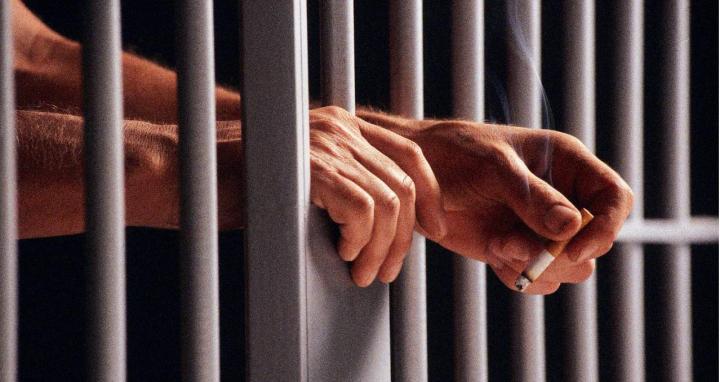
The new rule was added to the updated version of the Texas Department of Criminal Justice’s offender handbook at the start of April. It states that inmates are restricted from “maintaining active social media accounts for the purposes of soliciting, updating, or engaging others.”
Additionally, the department is reportedly reaching out to social media companies such as Facebook and Twitter to request the takedown of existing accounts attributed to inmates. Authorities claim that the new rule allows them to take such measures. The likes of Facebook and other digital platforms have yet to comment on whether they will take action in accordance with the updated guidelines.
Despite the fact that social media provides a form of interaction with the outside world for prisoners, the department believes it is necessary to prohibit its use or, in many cases, misuse. “Offenders have used social media accounts to sell items over the Internet based on the notoriety of their crime, harass victims or victim’s families, and continue their criminal activity,” spokesperson Jason Clark told Fusion. “The agency will take all of the necessary steps to prevent that from happening.”
A number of activists and family members who run accounts for inmates have started taking down their profiles, with the rule set to be enforced in Texas starting tomorrow. The policy faces a backlash, however, with some academics pointing out that its broad implications are unconstitutional.
“This policy violates the free speech rights of both the inmates and the family members and friends of inmates,” claims Dave Maass, a researcher with the Electronic Frontier Foundation. “I don’t think it’s appropriate for a prison to tell someone on the outside what they can and can’t post when it doesn’t involve criminal activity.”
Application of the rule will see Texas follow in the footsteps of other states that already enforce online restrictions for inmates, among them South Carolina and Maine.


